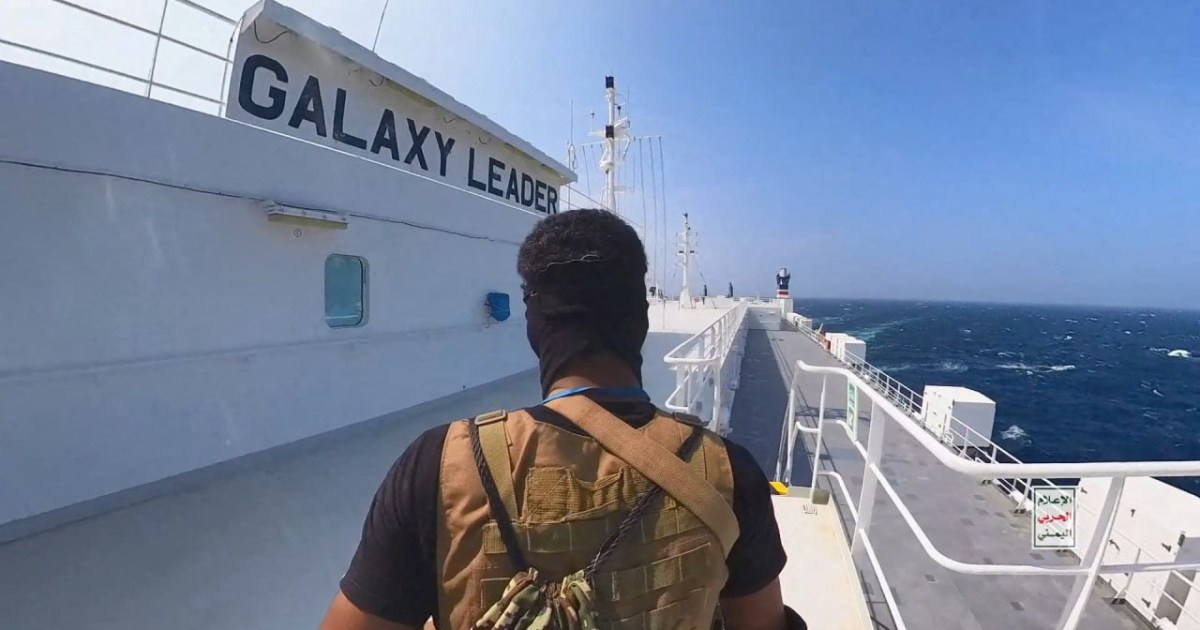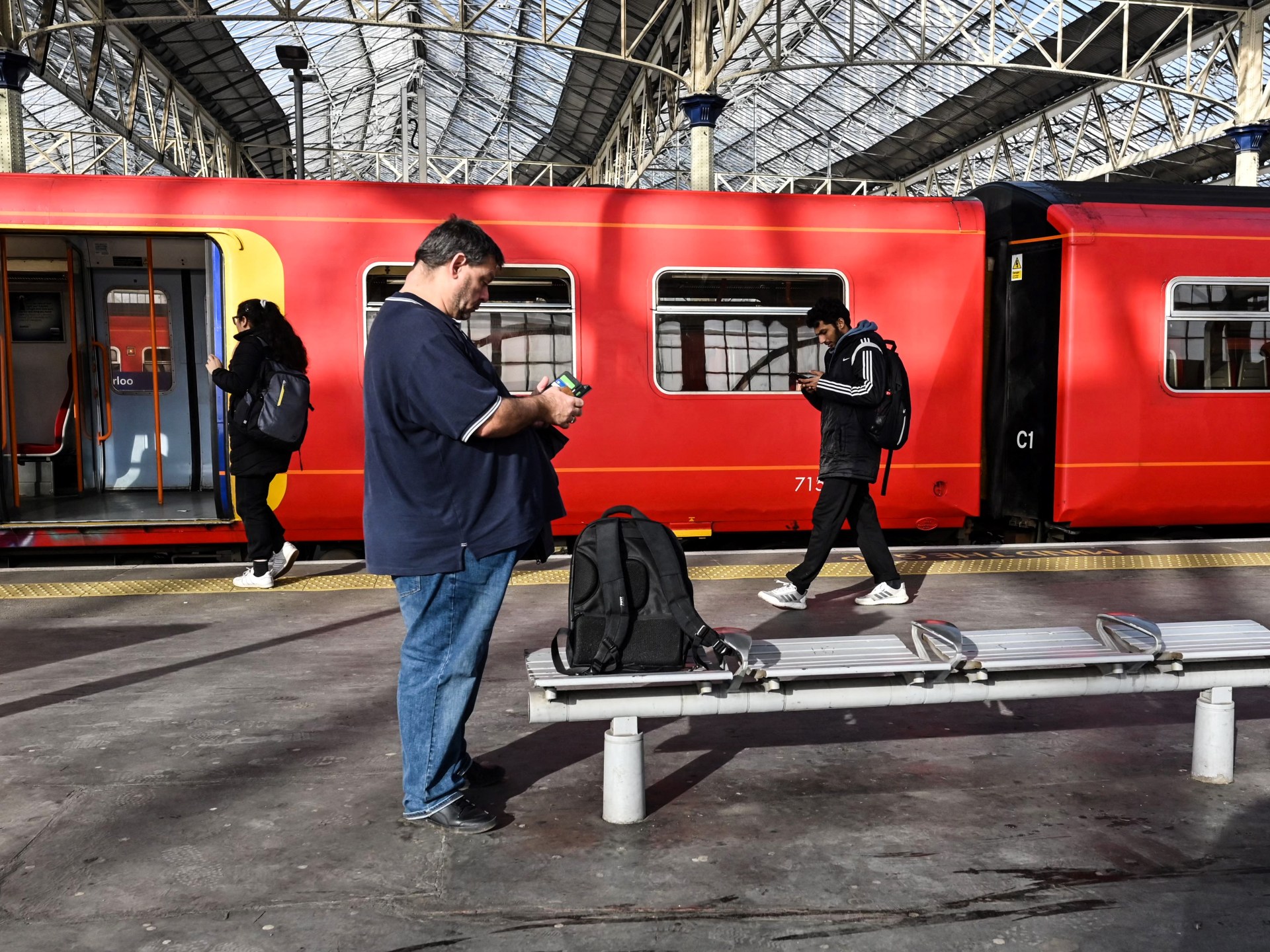Israel Bans Gaza Residents From Traveling Abroad
Salem Dardona, the director of Rafah border crossing, told IslamOnline.net that the Israeli move was a "collective punishment" for the Palestinians in the Strip.
"I don’t know their real motives, but I don’t think that the new ban has anything to do with the disengagement plan," of Israeli Prime Minister Ariel Sharon, he said.
The plan will see the Israeli occupation of Gaza Strip and the evacuation of 21 Jewish settlements.
Under the plan, which was staunchly supported by U.S. President George W. Bush and is expected to take effect by the end of 2005, the Strip’s airspace as well as coastal and road crossing points will be under Israeli control.
Israel seized the West Bank, Gaza and Al-Quds (occupied Jerusalem) in the 1967 war and has developed sprawling settlements in some areas.
Palestinians have denounced Sharon’s plan as a land grab and have called for a Palestinian state in all of Gaza Strip and the West Bank.
Festering Sufferings
Dardona said the move will have an adverse effect on hundreds of thousands of Gaza residents, especially patients and students since most of the Palestinians are youths.
"The Israeli occupation troop have made no exception for humanitarian cases. The travel ban has affected many students and patients who have to travel to Saudi Arabia, for instance, to undergo surgeries."
He said the Israeli decision in imposing such stringent restrictions on the movement of the Palestinians has festered the sufferings of the Palestinians as the Rafah crossing point is the only outlet to the outside world.
Israeli troops have further detained hundreds of Palestinian passengers and frisked them.
Abdel Fatah Abul Naga, 21, said he was en route to Egypt to undergo an eye surgery.
Ahmad Al-Baba, a Reuters cameraman, said he missed a first-aid training course in Cyprus due to the Israeli move.
Collective Punishment
The Israeli measure is seen as a "collective punishment" for the Palestinians to get political gains and beef up its security after the assassination of veteran Hamas leaders Sheikh Ahmad Yassin and Abdelaziz Rantissi.
"Banning the Palestinians [in Gaza] from traveling abroad is undoubtedly a collective punishment to pressure them into accepting the disengagement plan," Mukhamar Abu Seda, a political analyst from Gaza City, told IOL.
"There is no justification for the Israeli move. We can understand if they shut down Erez crossing [into the West Bank and Israel] before Palestinian workers and Al-Mintar," which is used to transfer commodities from the Strip to Israel.
Israel had frequently banned Palestinians, including ministers and officials, from leaving the occupied Palestinians territories.
On January 5, 2003, Israel banned Palestinian officials from attending a Middle East conference hosted by British Prime Minister Tony Blair.
Palestinian President Yasser Arafat has been also confined to his Ramallah headquarters (Al-Moqata) for more than two years.



